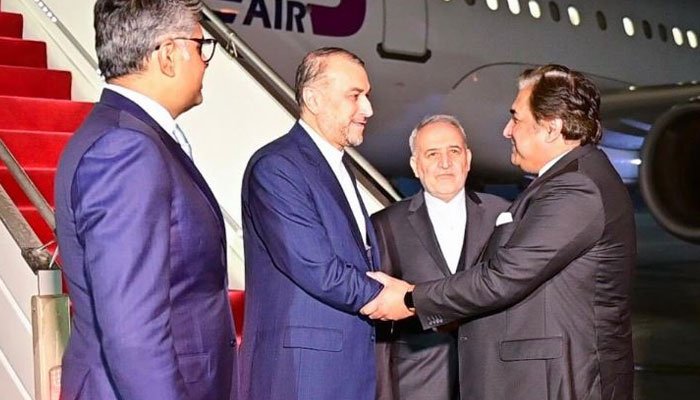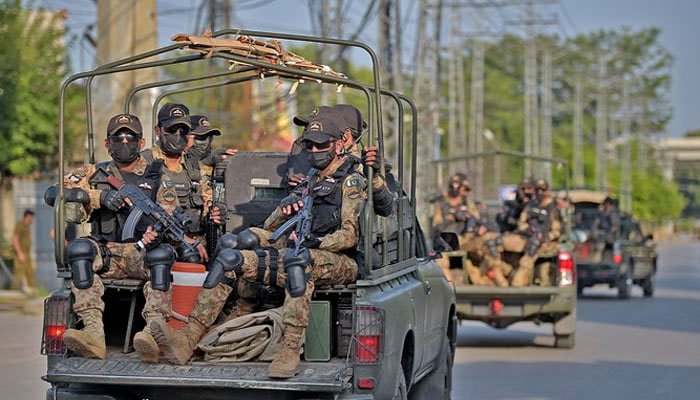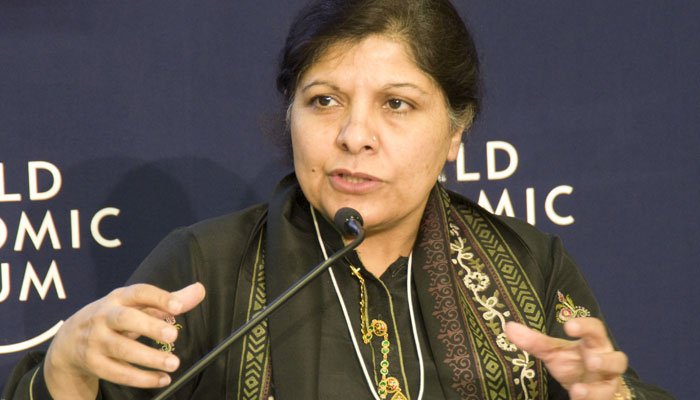The attack in Saravan occurred just a day after both Pakistani and Iranian ambassadors returned to their respective posts.
Iranian FM arrives in Islamabad amid bilateral tensions. The Foreign Minister of Iran Amir-Abdollahian arrived in Islamabad, as confirmed by Pakistan’s foreign ministry on Monday. The visit comes against the backdrop of strained relations between the two neighbouring nations, following recent tit-for-tat strikes. The arrival follows closely on the heels of an incident where gunmen killed nine Pakistanis in southeastern Iran.
The attack in Saravan occurred just a day after both Pakistani and Iranian ambassadors returned to their respective posts. This move came after both countries engaged in missile strikes the previous week, targeting what they claimed to be militant installations. These strikes marked the most significant cross-border intrusions in recent years. However, swift efforts were made by both Iran and Pakistan to de-escalate tensions following a telephonic conversation between their foreign ministers.
Upon arrival, the Iranian Foreign Minister was warmly received by Pakistan’s Additional Foreign Secretary for Afghanistan and West Asia Rahim Hayat Qureshi, along with Iran’s envoy to Pakistan, and other officials. Pakistan’s Foreign Office spokesperson, Mumtaz Zahra Baloch, stated, “Foreign Minister Abdollahian has arrived in Islamabad at the invitation of Foreign Minister Jalil Abbas Jilani.”
“During the visit, Foreign Minister Abdollahian will engage in in-depth talks with Foreign Minister Jilani and call on Prime Minister Anwaar ul Haq Kakar,” the spokesperson added. The two foreign ministers are scheduled to conduct a joint press briefing after their meeting in Islamabad.
More From FactFile: Gunmen in Iran kill nine Pakistanis
According to a news report by Arab News, a former Pakistani diplomat Naghmana Hashmi, when asked about the significance of the visit, highlighted its importance given recent developments and their potential impact on diplomatic relations between the two nations. “There have been some issues which have more to do with the overall geostrategic and geopolitical situation that has evolved, particularly in our neighbourhood,” she said, adding, “After the recent attacks, the two governments promptly established contact, initiating a hectic diplomatic effort, as we cannot afford to have either Iran or Pakistan open another front in the region.”
Any military action between the two neighbours would not only affect Pakistan but also have consequences for Iran and the broader Middle East region. Naghmana stressed the importance of sitting down and discussing common concerns to find ways to address them.





